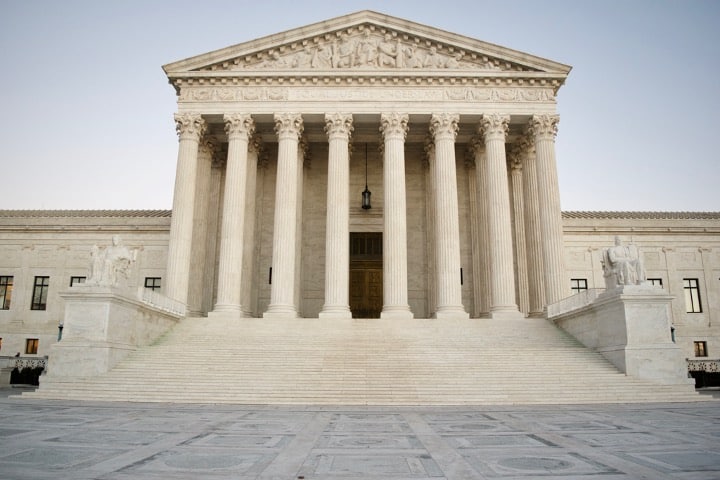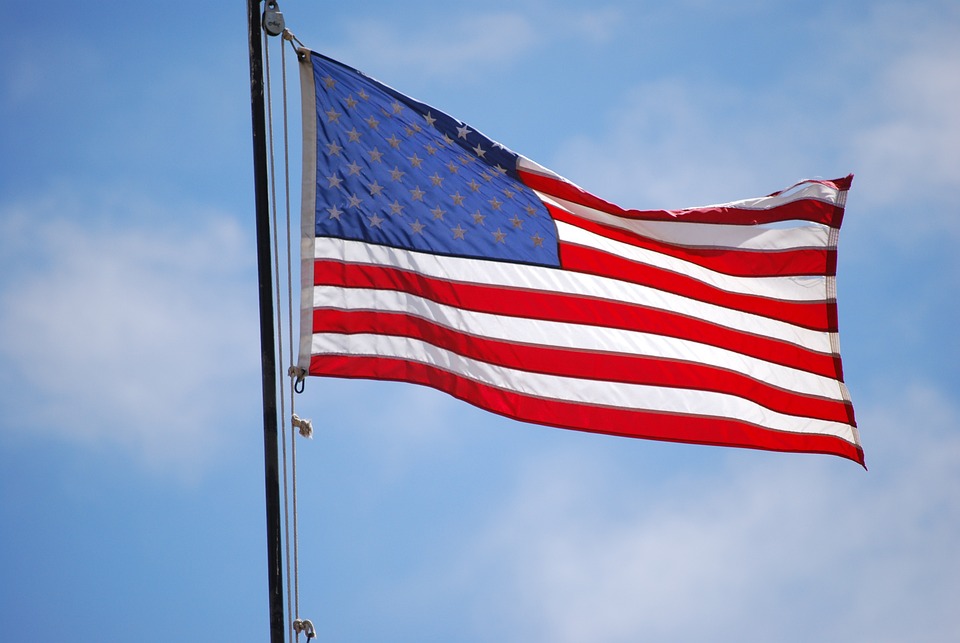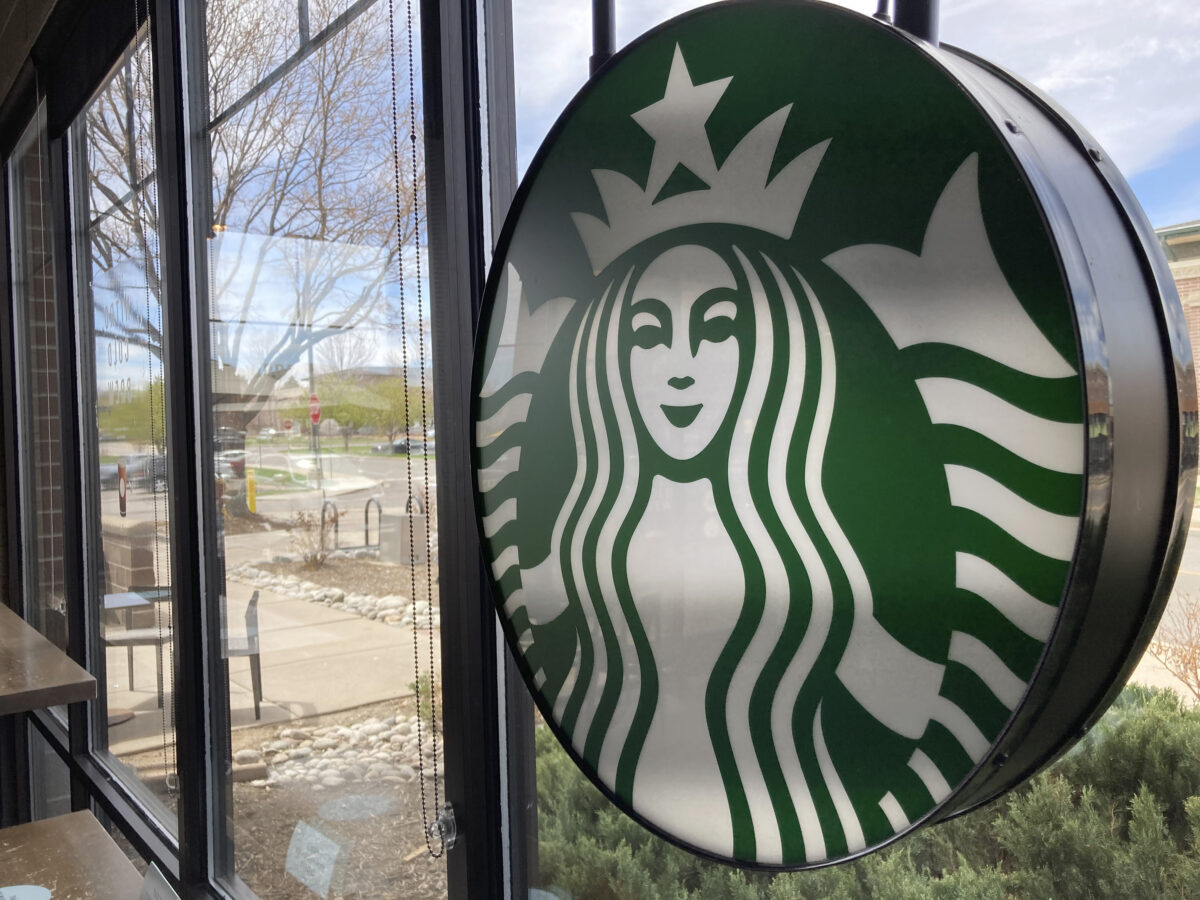
A week from today the Supreme Court will issue its ruling in a long-pending case that could dramatically impact the 2024 elections: Moore v. Harper.
At issue is a deceptively simple question: Does the Constitution give power to state legislatures to regulate federal elections, or doesn’t it?
In Article I, Section 4, Clause 1, the U.S. Constitution says:
The Times, Places and Manner of holding Elections for Senators and Representatives, shall be prescribed in each State by the Legislature thereof….
The emphasis is on “by the Legislature thereof,” and therein lies the complication. Sam Levine, a journalist for The Guardian, enlisted the assistance of Vikram Amar, dean of the college of law at the University of Illinois and a lawyer who has studied that complication extensively. Levine noted Amar’s analysis:
At the founding, state constitutions preceded the federal constitution.
Every state constitution was based on the notion that the people have the power and they create the government, they create the state legislature, which is accountable to the people. [The legislature] has only those powers and is subject to whatever limitations that the constitution sets up.
The idea that the legislature can be freed of limitations, checks and balances, that were created in the very constitution that created the legislature, it’s just oxymoronic.
It’s basically a separation of powers issue, but complicated by the federal constitution giving those powers to state legislatures in federal elections.
According to Brittanica, Moore v. Harper came about in North Carolina in November 2021 after the Republican-controlled state Legislature adopted a redistricting plan based on the 2020 census. Democrats objected, saying that the Republican redistricting plan was gerrymandered, giving Republicans an unfair advantage.
The Democrat-controlled state Supreme Court not only agreed with the Democrats and tossed the Republican plan, but it also required a lower court to develop its own, allegedly fairer, redistricting plan. Once submitted, it approved it.
Timothy Moore, speaker of the North Carolina House, filed suit, asking the court “whether a state’s judicial branch may nullify the regulations governing the ‘manner of holding elections … prescribed … by the Legislature….’”
When Republicans took back the state Supreme Court, the high court reversed the previous decision, putting back in place the Republican plan. It ruled that the previous court overreached, thanks to Article I, and so it appears that the whole issue is moot. And at this point this article should end.
But no. After agreeing to hear the case last summer, SCOTUS heard arguments in December. In March the Supreme Court asked the opposing parties to provide additional information on whether the high court should even consider the case.
Since then, the silence has been deafening. Which means, to seasoned observers, that something is up. If the high court rules favorably — that state legislatures do indeed have full, untrammeled, and unlimited power to run federal elections in their states, that would upend elections in the future in many ways.
Some are saying that’s a good thing. A writer at Beltway rejoiced: “FINALLY! Supreme Court TAKES ELECTIONS BACK For The People!” Others are holding their collective breaths. Still others want the high court to put the matter — expressed in legal shorthand as the “independent state legislature theory” (ISLT) — to rest, once and for all.
Based on oral arguments from last December, the Supreme Court is divided on the matter. Will the court affirm its ruling from 1892 in McPherson v. Blacker, in which it recognized the absolute power of state legislatures to appoint presidential electors, and thus, by extension, the power to create election districts? Or will the high court follow its 2015 ruling rejecting ISLT in Arizona State Legislature v. Arizona Independent Redistricting Commission?
The left-wing news site Talking Points Memo is nervous: “There are at least four justices we know to be amenable to the ISLT to varying degrees, based on their previous writings: Justices Clarence Thomas, Samuel Alito, Neil Gorsuch and Brett Kavanaugh. That leaves Chief Justice John Roberts and Justice Amy Coney Barrett as the potential swing voters.”
Expect the decision by Friday, June 30 — or sooner.
Shop For Night Vision | See more…
Shop For Survival Gear | See more…
-
Sale!

Quick Slow Release Paramedic Survival Emergency Tourniquet Buckle
Original price was: $14.99.$7.99Current price is: $7.99. Add to cart -
Sale!

Mesh Shooting Hunting Vest with Multi Pockets
Original price was: $59.99.$39.99Current price is: $39.99. Add to cart -
Sale!

Portable Mini Water Filter Straw Survival Water Purifier
Original price was: $29.99.$14.99Current price is: $14.99. Add to cart


















































